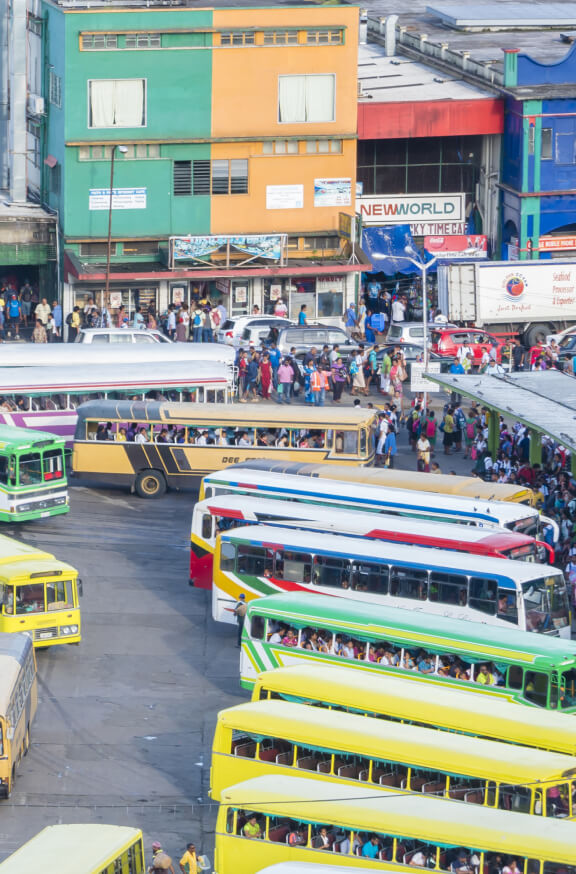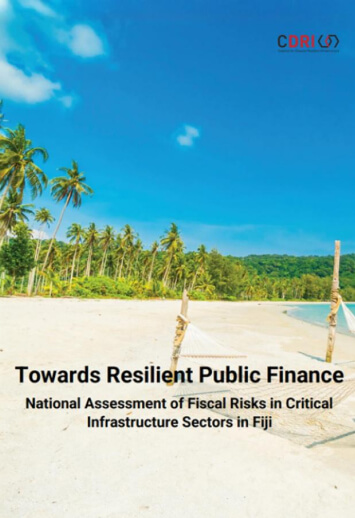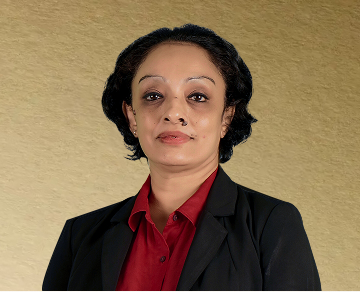

Página de inicio 

El estudio de la evaluación de los riesgos fiscales de los sectores de infraestructuras críticas en Fiyi
Socio implementador: Build Change
El estudio de la evaluación de los riesgos fiscales de los sectores de infraestructuras críticas en Fiyi
Este estudio sobre Fiyi, en la región del Pacífico, vincula los efectos de los desastres en la infraestructura con los resultados fiscales. Recomienda mejorar la financiación del riesgo de desastres y la capacidad institucional para gestionar los pasivos contingentes.
Sirve de referencia y ofrece una metodología para evaluar las repercusiones económicas y fiscales de los desastres y valorar los mecanismos de financiación.
El objetivo es orientar a los responsables políticos y a los socios para el desarrollo en la adopción de inversiones y presupuestos basados en el riesgo, con el fin de reforzar la resiliencia fiscal de las economías vulnerables.
entre 1931 y 2022
Impactos
1
El sector energético de Fiyi, junto con el de carreteras y puentes, se enfrenta a pérdidas anuales de $197 millones debido a los peligros naturales. Las subestaciones eléctricas, propensas a los ciclones, aumentan la vulnerabilidad, con pérdidas de activos que pasan del 16,25% al 23,77% en escenarios climáticos cada vez más adversos, lo que exige inversiones y financiación urgentes y resilientes.
2
Los modelos del PIB tras los desastres, especialmente después del ciclón Winston, muestran pérdidas de más del 30% en sectores clave, lo que retrasa la recuperación. Las carencias de financiación suponen una carga para los presupuestos públicos y aumentan la deuda, lo que pone de relieve la necesidad de una financiación estructurada del riesgo de desastres para mejorar la resiliencia fiscal.
3
El fondo de contingencia de Fiyi, de 1 millón de dólares fiyianos, es insuficiente para cubrir las necesidades en caso de desastres; los datos sugieren que debería aumentarse a entre 22 y 44 millones de dólares. El fortalecimiento de la retención de riesgos protegería el gasto en desarrollo, reduciría la dependencia de la deuda y disminuiría los costos de transferencia de riesgos, lo que impulsaría la estabilidad fiscal.



